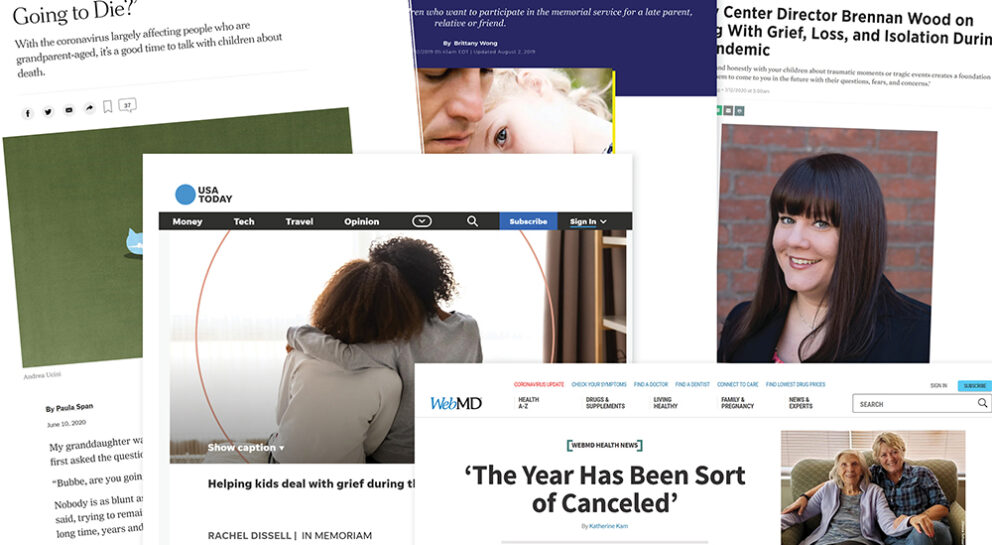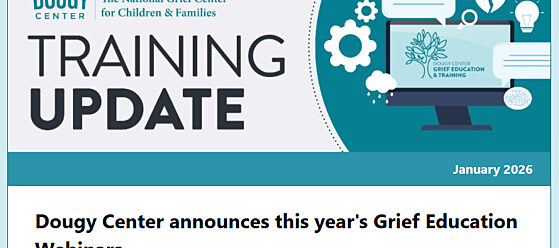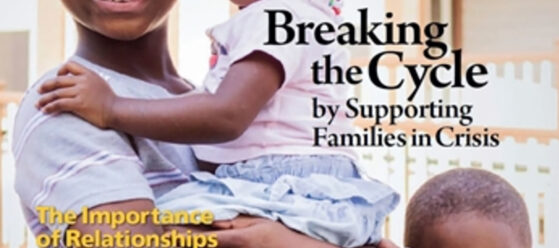On July 9, nine current and former adult participants in our grief support groups, along with our Senior Director of Advocacy and Training, Donna Schuurman, loaded up in a van and headed to Idaho for our third annual LEAP kayak adventure.
LEAP is a Portland non-profit whose mission is to empower those facing adversity and trauma by providing therapeutic wilderness programs. Under the leadership of LEAP’s expert guides, participants spent four nights on the Lower Salmon River in Idaho, camping under the stars and learning to safely paddle, surf, and navigate kayaks through class II-IV rapids. After exciting days on the river, evenings included team-building and reflection activities to build connections and a community of grief support. In August, a group of 15 teen participants will embark on the same adventure, along with Dougy Center staff members, Joan Schweizer Hoff and Rebecca Sturges.
We spoke with the adult participants to find out how this phenomenal opportunity affected them and their grief. For a few, it was their first time kayaking or even spending time in the wilderness! We heard about the nervousness, excitement, and uncertainty many of them had heading into the the trip. Many spoke about looking forward to building relationships with other people who understand grief and what it means to parent a grieving child. In addition to the challenge of kayaking, the river itself proved to be an apt metaphor for both life and grief. As Michele shared, “Sometimes you need to paddle to keep moving forward. At times the current even pushes you backward and you have to paddle hard to keep moving forward. Some rapids are fun and you breeze through them laughing as waves splash all around you. Some are intimidating and just seeing and hearing the roars of waves crashing together leaves you with a knot in the pit of your stomach. You’re not sure you can get through it but you know there’s no way around it so you bravely lean into the rapids and do your best.”
Joshauna, who at first was pretty scared about heading into rapids, soon found that the experience opened up space for her to grieve in a new way. “I cried hard in front of strangers after a hard day. I realized I could not have done anything to change the outcome of David’s death. It took an instance of being helpless on the river to understand the depth of how much I had held onto this pain. It was no longer mine to hold.” For Topher, the trip brought an understanding of the ongoing nature of grief, ”The rafting trip gave me a sense of peace and hope. My grief was ever present, draining, and wasn’t going away. Being on this trip with other people who have similar experiences helps me feel like I’m going to be ok.” Topher also found a connection between nature and grief that carried over into his own life, “Being out in nature reminds us that there are things we can control and things we can’t. My first LEAP rafting trip inspired me to take my grieving son on backpacking trips into the forest, to have an adventure in nature. We have never talked so much about losing his older brother, my oldest son, as on those hikes and around those campfires. We are still doing it and I hope we always will.”
Sarah, whose first husband died eight years ago, remarked on what it was like to be back with a group where everyone had experienced a similar loss. “It was powerful to immediately feel a sense of understanding and connection with the other participants. We treated each other with gentleness when we were faced with challenge, and we were able to both laugh and cry together.” While most grief support groups take place indoors, LEAP shows how the magic of connection can happen without the usual trappings of modern living like electricity and running water. LEAP’s talented and caring staff create the safety, understanding, and acceptance that are the hallmarks of a successful group even in the wilderness, surrounded by basalt cliffs, soaring birds, and sandy beaches.
Huge thanks to everyone at LEAP for making this trip a possibility and to the adult participants who bravely leapt into the unknown, holding space for one another’s grief, tears, and (a lot of) laughter.



